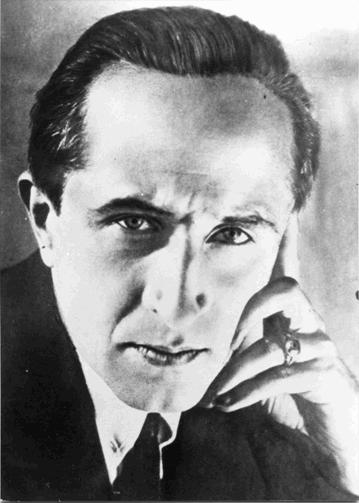Lev Kuleshov (Dir.), “Proekt Inzhenera Praita” (“Engineer Prite’s Project”); “Velikii uteshitel’ (O. Genri v tiur’me)” (“The Great Consoler (O’Henry in Prison”) (DVD Review)
Proekt Inzhenera Praita (Engineer Prite’s Project), Directed by Lev Kuleshov, 1918, 30 Minutes; Hyperkino commentary by Nikolai Izvolov and Natascha Drubek-Meyer. RUSCICO: Kino Academia 1 (2 DVDs);
Velikii uteshitel’ (O. Genri v tiur’me) (The Great Consoler (O Henry in Prison), Directed by Lev Kuleshov, 1933, 91 Minutes); Hyperkino commentary by Ekaterina Khokhlova. RUSCICO: Kino Academia 3 (2 DVDs
The life and career of Lev Kuleshov pose certain paradoxes. Kuleshov appears in every account of early Sovietcinema and is typically cited—along with Eisenstein, Pudovkin, and Vertov–as one of its true pioneers. Kuleshov, who was born in 1899, was also the youngest … Read more





